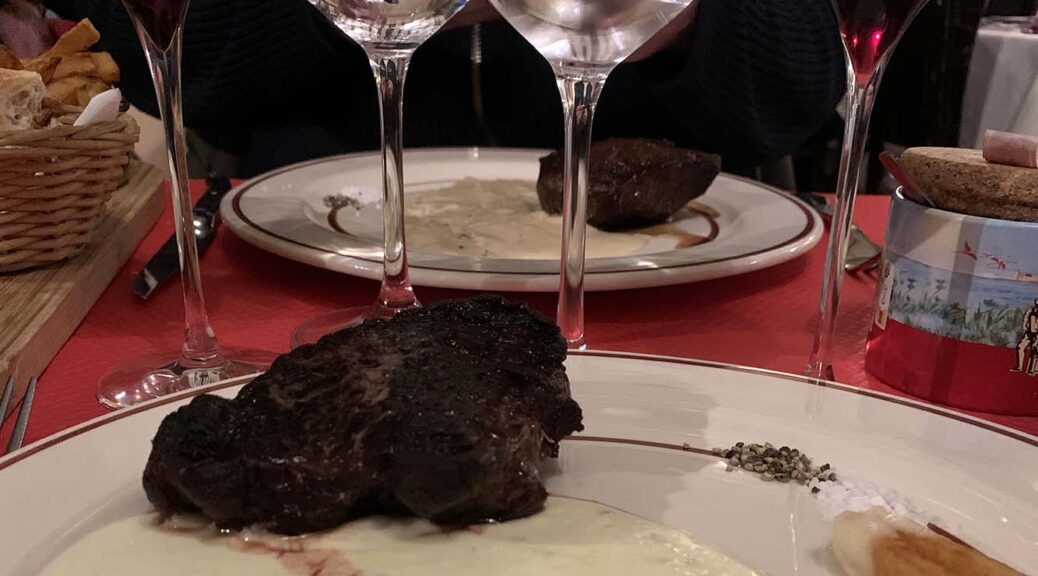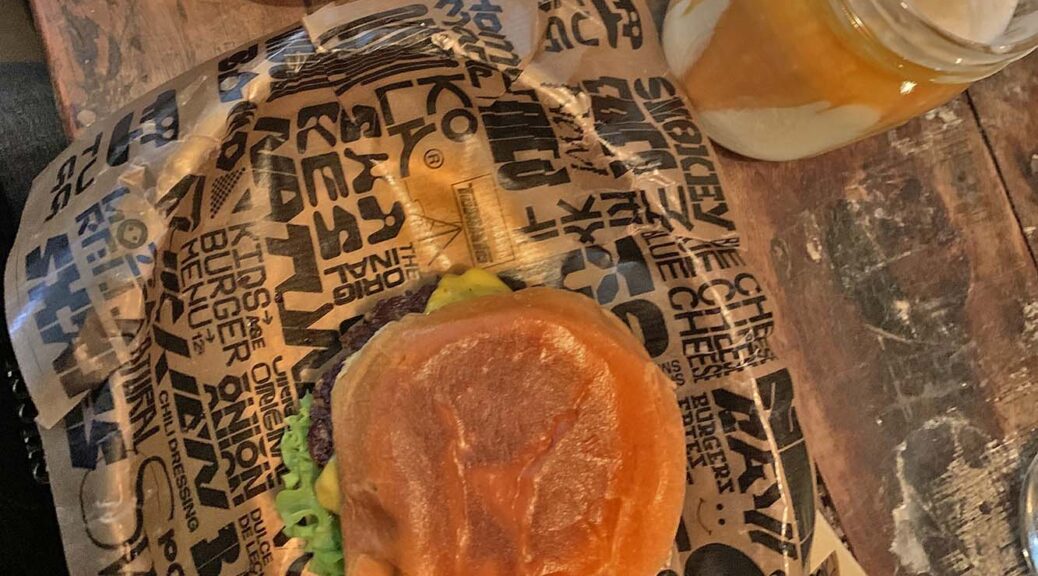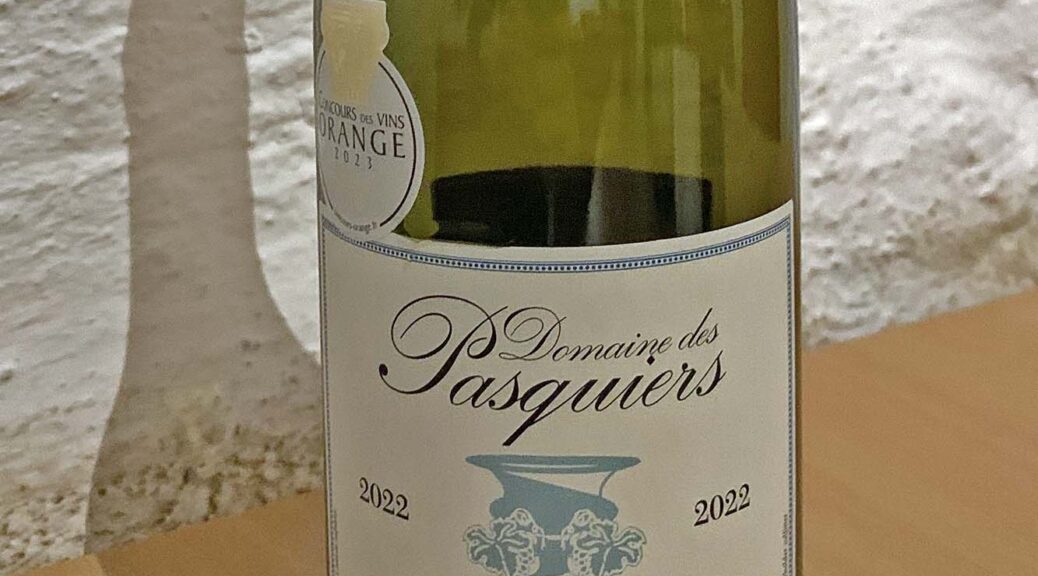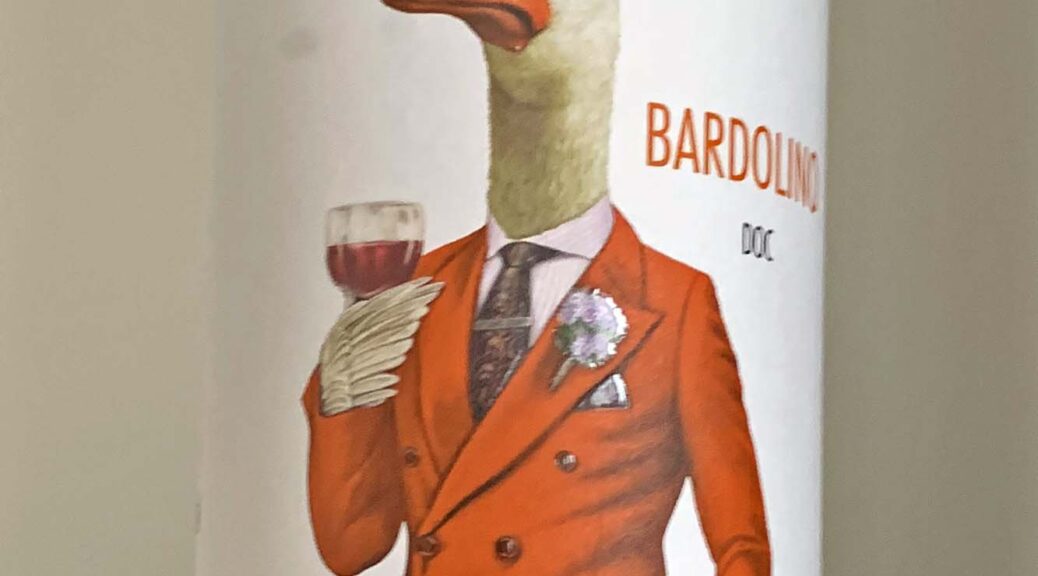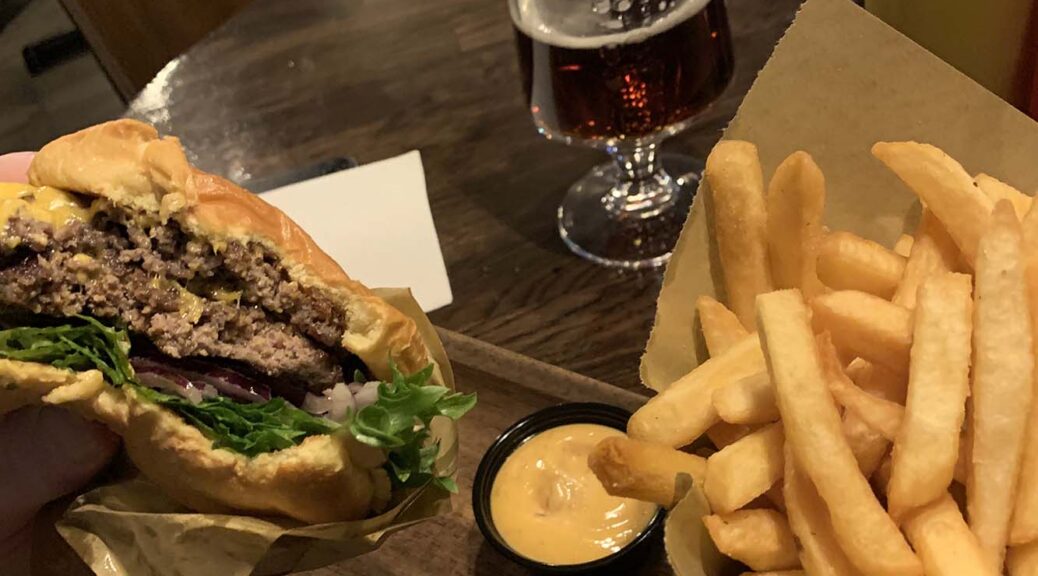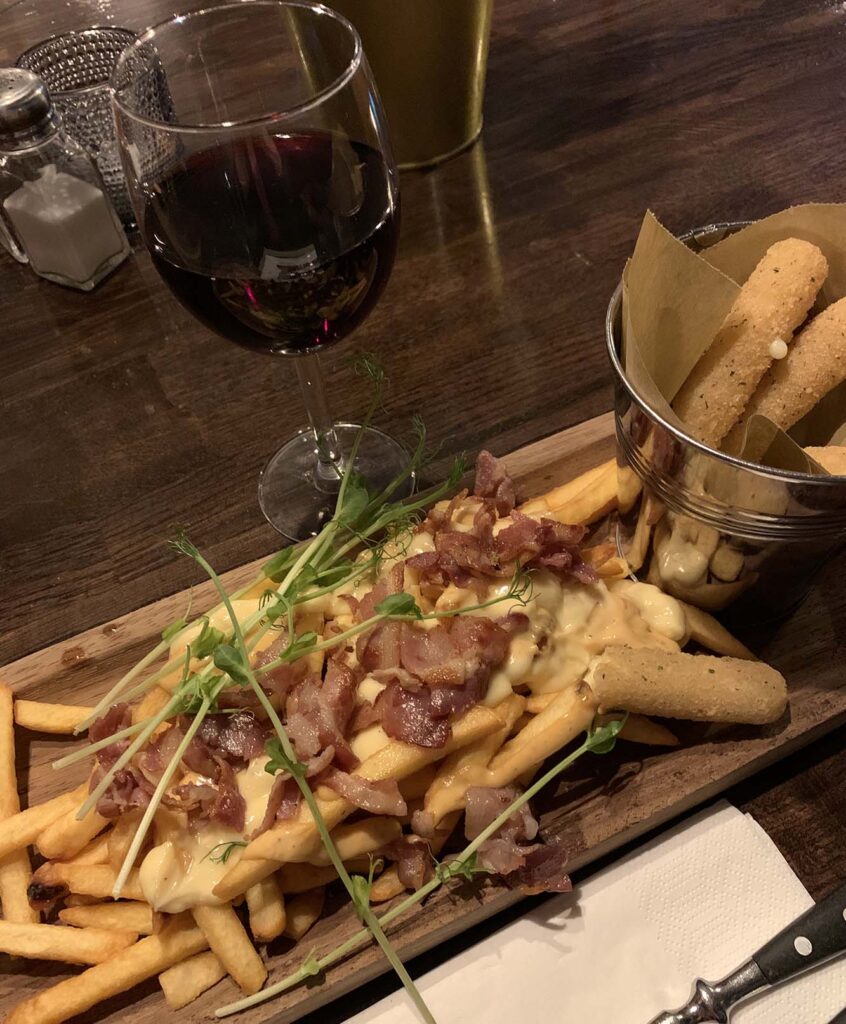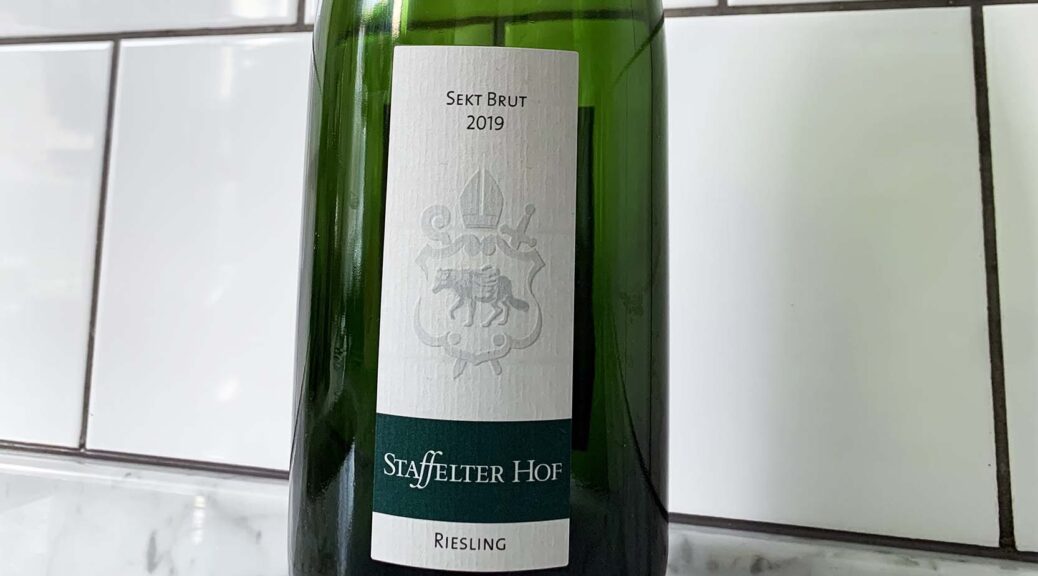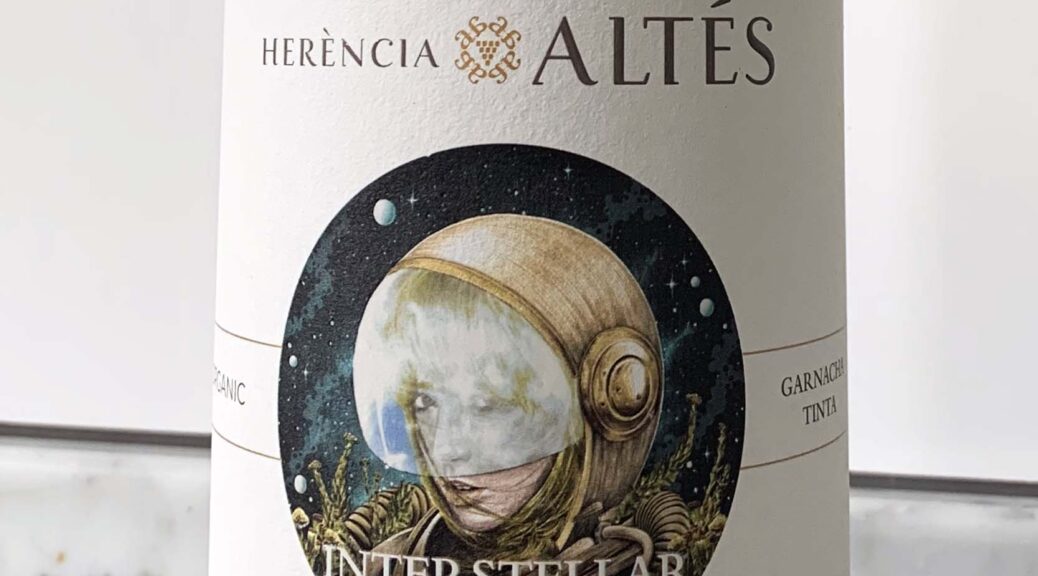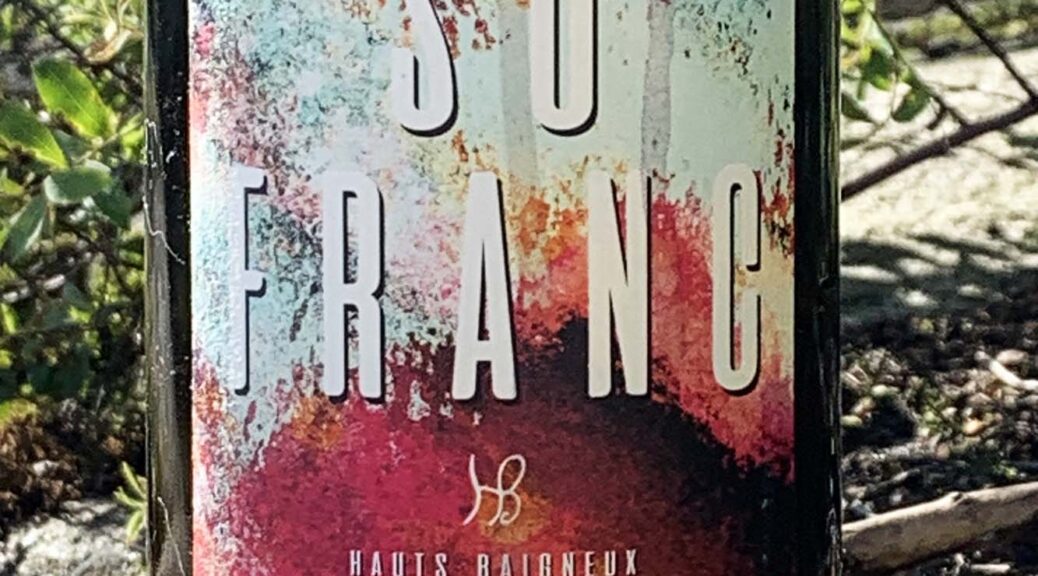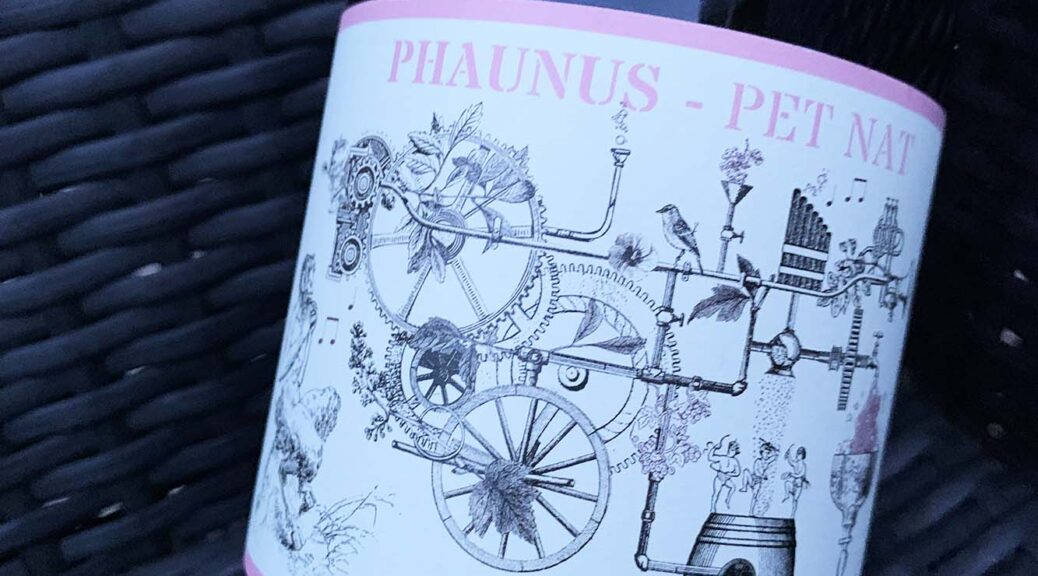There is one city in the world where you can enter almost any restaurant and be served a decent meal (according to me) – namely PARIS 🙂
Then there are of course different price levels, different styles of food, different levels of ”price-worthiness” etc etc, but most of the time you get a very good meal for the money spent!
It is impossible to list all the fantastic restaurants that I have been to, but recently when I was I Paris I jumped into JJ restaurant late on a Tuesday evening and got the last seats available and a very very nice meal!
First of all, it is NOT big – but you really get this genuine feeling of French bistro in the small but cosy and nicely furbished restaurant. It is also well situated, not far from the Champs-Elysées: 34 Rue de Penthièvre in the 8th arrondissement.
The choice of dishes is great, most of them written on a small wooden chalkboard (but there are also menus in English)… and the choice of wines also by the glass is great – and pairs really well with the food! We chose meat with fantastic blue cheese sauce and mashed potatoes, simple – straight – no fuss… but super good! We give JJ restaurant 94/100!

